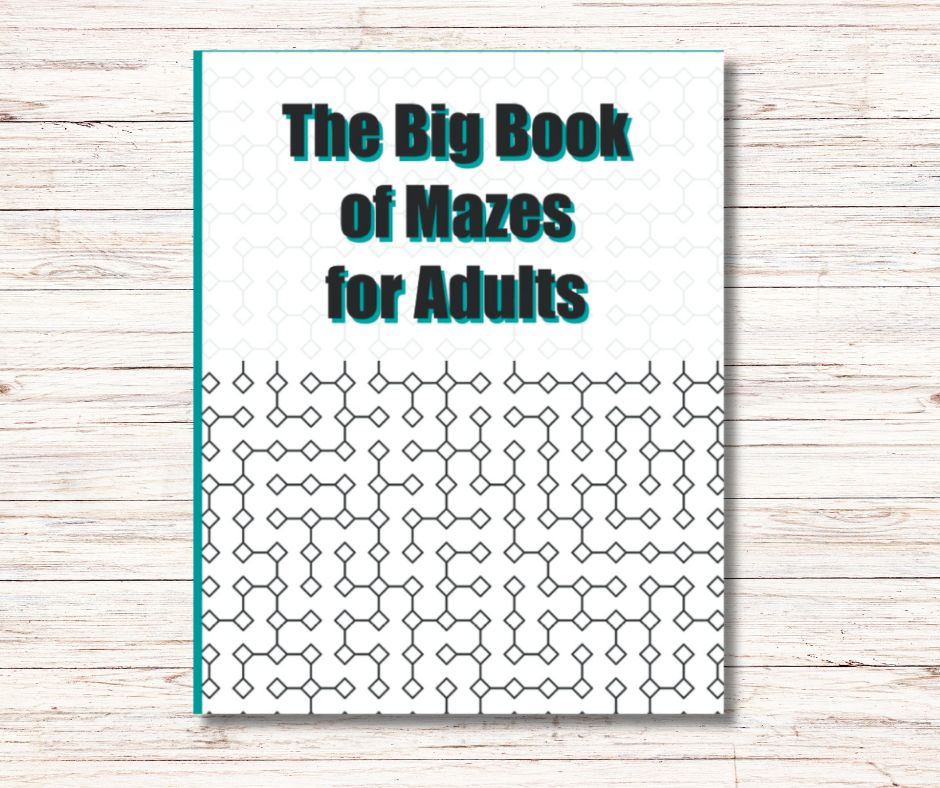I try to skip at the moment are the news. More fighting, more people getting hurt or killed. This is all too much for me. That’s why I wrote this newsletter about how to cope with the news when you are chronically ill. Because it can rob you of spoons, you desperately need to get through the day!
The news can be overwhelming, especially when you have a chronic illness. The news can make us anxious, stressed, and afraid, whether it’s about a new pandemic, a natural disaster, or a political crisis. It can also make you feel helpless, hopeless, and isolated.
But ignoring the news is not always an option. Sometimes, you need to stay informed about what’s happening in the world, or at least in your local community. You may also want to keep up with the latest developments and research on your condition, or find out about new treatments and resources.
So how can you cope with the news when you have a chronic illness? How can you balance your need for information with your need for peace of mind? How can you protect your mental and emotional health while staying connected and engaged?
Here are some ideas that can help you manage your news consumption and reduce its negative impact on your well-being.
Be Selective about your News Sources
Not all news sources are created equal. Some are more reliable, accurate, and balanced than others. Some are more sensationalist, biased, and misleading than others. Some are more relevant, helpful, and supportive than others.
To cope with the news when you have a chronic illness, it’s important to be selective about your news sources. Choose sources that are trustworthy, credible, and reputable. Avoid sources that are unreliable, inaccurate, or sensationalist. Look for sources that are relevant to your condition, your interests, and your needs. Seek out sources that are helpful, informative, and empowering.
Some examples of reliable and relevant news sources for people with chronic illnesses are:
Healthline: A health information website that provides evidence-based articles on various health topics, including chronic conditions, treatments, wellness, and more.
The Mighty: A digital health community that connects people with chronic illnesses and disabilities with stories, support, and resources.
Science Daily: A website that curates news articles from various sources on different chronic illnesses and related topics.
Limit your News Exposure
While staying informed is important, too much news can be harmful. Constant exposure to negative or distressing news can increase your stress levels, worsen your symptoms, and lower your mood. It can also make you feel overwhelmed, anxious, and depressed.
To cope with the news when you have a chronic illness, it’s important to limit your news exposure. Set boundaries on how much time you spend reading, watching, or listening to the news. Choose a specific time during the day to read the news. Avoid doing it right before going to sleep or right after waking up. Avoid checking the news multiple times a day or whenever you feel bored or restless. Turn off notifications from news apps or websites on your phone or computer.
Some tools that can help you limit your news exposure are:
- Freedom: An app that blocks distracting websites and apps on your devices for a set period of time.
- StayFocusd: A browser extension that limits the amount of time you can spend on certain websites per day.
- News Feed Eradicator: A browser extension that replaces your Facebook news feed with an inspirational quote. Available both for Google Chrome and Firefox.

Filter out the Noise
Not all news is relevant or useful to you. Some news is just noise that clutters your mind and distracts you from what matters. Some news is just filler that adds no value to your life. Some news is just propaganda that tries to manipulate your opinions or emotions.
To cope with the news when you have a chronic illness, it’s important to filter out the noise. Be selective about what topics you follow and what stories you read. Focus on the news that is relevant to your condition, your goals, and your values. Ignore the news that is irrelevant, unimportant, or harmful to you. Use filters or keywords to customize your news feed according to your preferences.
Some tools that can help you filter out the noise are:
- Feedly: A news aggregator app that lets you organize and follow the topics and sources that interest you.
- Pocket: An app that lets you save articles from any website or app for later reading.
- Flipboard: A personalized magazine app that curates stories based on your interests and passions.
Balance the Negative with the Positive
The news can be depressing, especially when it focuses on the problems and challenges of the world. It can make you feel hopeless, pessimistic, and cynical. It can also make you feel guilty, angry, or resentful.
To cope with the news when you have a chronic illness, it’s important to balance the negative with the positive. Seek out news that is uplifting, inspiring, and hopeful. Look for news that showcases the solutions and achievements of the world. Look for news that celebrates the kindness and generosity of people. Look for news that makes you smile, laugh, or feel grateful.
Some examples of positive news sources are:
- Good News Network: A website that delivers positive and uplifting news from around the world.
- Positive News: A magazine that reports on the people and movements that are changing the world for the better.
- The Happy Broadcast: An Instagram account that shares happy news and illustrations.
Take Action on the News
The news can be frustrating, especially when it highlights the issues and injustices of the world. It can make you feel powerless, helpless, and hopeless. It can also make you feel angry, outraged, or indignant.
To cope with the news when you have a chronic illness, it’s important to take action on the news. Don’t just passively consume the news, but actively engage with it. Use the news as a source of motivation, inspiration, and education. Use the news as a catalyst for change, improvement, and growth. Use the news as an opportunity to make a difference, to help others, and to help yourself.
Some examples of actions you can take on the news are:
- Sign a petition, join a campaign, or donate to a cause that you care about.
- Share your opinion, perspective, or experience on a topic that matters to you.
- Learn a new skill, take a course, or read a book that expands your knowledge or horizons.
- Start a project, pursue a passion, or set a goal that challenges you or fulfills you.
- Reach out to a friend, family member, or support group that can offer you comfort or advice.
Conclusion
The news can be overwhelming, especially when you have a chronic illness. But it doesn’t have to be. By following these tips, you can cope with the news in a healthy and productive way. You can stay informed without sacrificing your well-being. You can stay connected without losing yourself. You can stay engaged without giving up hope.
If you want to distract yourself from the news, why not get “The Big Book of Mazes for Adults” with 200 mazes from easy to insane? This will help you to become more concentrated but in a fun way! Now available on Amazon! (Affiliate Link!)


